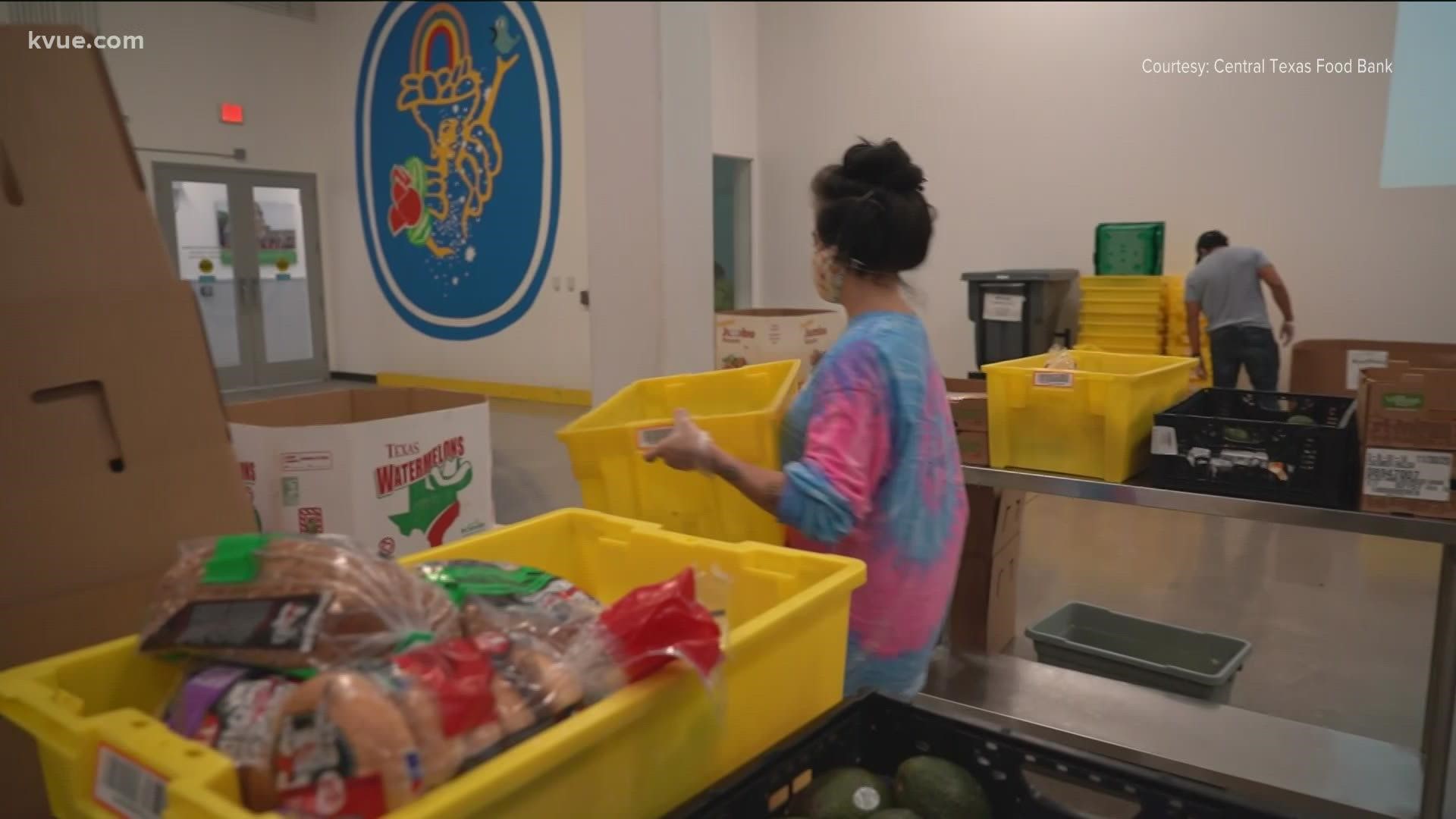PHARR, Texas — Editor's note: In a press conference after this article was published, Gov. Abbott announced eased restrictions at the Laredo-Colombia bridge.
As reports of backed up commercial traffic at key ports along the southern border surfaced this week, Texas Gov. Greg Abbott's decision to have state troopers inspect northbound trucks is drawing criticism.
According to a report from The Texas Tribune, the bridge connecting Pharr and Reynosa is the busiest trade crossing in the Rio Grande Valley. On Monday, trucks were seen backed up for miles.
Truckers in the area have also reportedly began to protest these enhanced inspections, which are part of his expansion of Operation Lone Star.
White House Pres Secretary Jen Psaki released the following statement on Wednesday:
"Gov. Abbott's unnecessary and redundant inspections of trucks transiting ports of entry between Texas and Mexico are causing significant disruptions to the food and automobile supply chains, delaying manufacturing, impacting jobs and raising prices for families in Texas and across the country. Local businesses and trade associations are calling on Gov. Abbott to reverse this decision because trucks are facing lengthy delays exceeding five hours at some border crossings, and commercial traffic has dropped by as much as 60%. The continuous flow of legitimate trade and travel and CBP's ability to do its job should not be obstructed. Gov. Abbott's actions are impacting people's jobs, and the livelihoods of hardworking families."
Texas Agriculture Commissioner also released a statement on Tuesday, urging Gov. Abbott to "end this insanity now."
"As the Commissioner of Agriculture and a Texan, I am calling on Gov. Abbott to immediately end enhanced inspections of commercial vehicles at the southern border," Miller said. "While I share the governor's goals and his frustration with Washington, D.C., and the Biden Administration, we cannot cut off our nose to spite our face."
In Miller's statement, he claims Abbott's "misguided" policy is increasing food prices that are already rising, worsening supply chain disruptions and causing produce shortages.
"The middle of an inflationary surge and supply chain problems is no time to cause further disruptions," Miller said. "Abbott's inspection protocol is not stopping illegal immigration. It is stopping food getting to grocery store shelves and, in many cases, causing food to rot in trucks. If this policy continues, Texas consumers will be paying two dollars for a lime and five dollars for an avocado until we can no longer find fresh food at all. It is also stopping businesses from exporting into Mexico, our largest trading partner, because of the stoppage of traffic both north and south."
Central Texas Food Bank Development Director Mark Jackson said food prices were already high as a combination of inflation, fuel prices, demand for services during the pandemic and a competitive labor market. He could not say for certain the border inspections were increasing prices, but added he will be watching what happens over the next few days and weeks.
"We were spending about $100,000 a month on supplemental food purchased pre-pandemic, and throughout the course of the pandemic," Jackson said. "Now we continue to spend about $1 million a month on food purchased to increase our inventory to make sure we have enough. It's a huge amount of food that we have to add into our inventory."
Jackson said the biggest assistance could come from policy changes.
"There's so many opportunities, for example, at the federal level for public policy to increase the amount of food that is donated to us, which would potentially, you know, shift our need for on a food purchase front," Jackson said. "We are falling short of meeting the need."
Central Texas Food Bank hopes to reach their goal this year of giving out 60 million pounds of food to those in need.
The Texas Trucking Association also commented on the issue on Wednesday, releasing the following statement from President and CEO John D. Esparza:
“TXTA is a strong advocate of enforcement and industry safety at the Texas border and across the nation and supports the governor in his focus. Unfortunately, this new initiative duplicates existing screening efforts and leads to significant congestion, delaying the products Americans rely on from our largest trading partner, Mexico. The current situation on the border simply cannot be sustained and we urge President Joe Biden and Gov. Greg Abbott to come together before our economy endures further irreparable damage.
"Motor carriers who are constantly subject to multiple layers of scrutiny at the border have a higher level of compliance and raise the compliance average for the entire state of Texas. Therefore, it is an unfortunate reality that these new and additional layers of screening efforts at the border yield little impact on the state’s highest motor carrier safety risks, while adding significant congestion to the border commerce. The supply chain challenges caused by COVID and other global matters are now worsened by the Texas-Federal standoff.
"The result is understandable frustration around the country for the products that make Mexico a valued partner and helps keep Texas in the healthy position of the ninth largest economy in the world and growing.
"As delays increase at the border, deliveries are postponed or cancelled, perishable goods spoil, and grocery and retail store shelves begin to empty. Exports in Texas also await empty trucks on the Mexican side of the border and the lost revenue due to these delays will be felt by consumers as the price of goods increase across the country.
"We stand committed to assist Gov. Abbott in pursuit of a viable solution that secures the border and enhances highway safety, while not disrupting the already tenuous supply chain with redundant security screenings.”
PEOPLE ARE ALSO READING:

